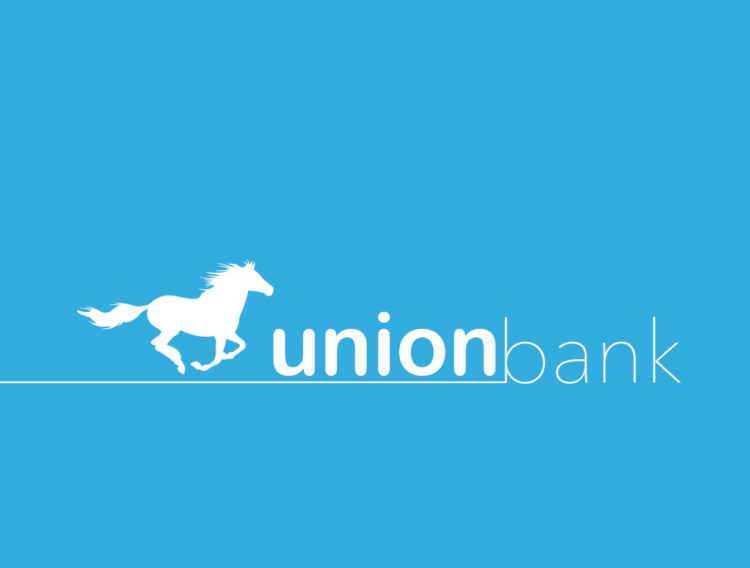Fitch Ratings has downgraded Union Bank of Nigeria PLC’s (UBN) Viability Rating (VR) to ‘f’ from ‘ccc’, while affirming its Long-Term Issuer Default Rating (IDR) at ‘CCC’. It also affirmed the bank’s National Long-Term Rating at ‘B+(nga)’ with a Stable Outlook.
The ‘f’ rating is the lowest possible VR and indicates the bank’s failure to operate independently without external support. Fitch said the latest rating “constitutes a bank failure” under its Bank Rating Criteria.
“UBN’s National Ratings are the lowest across Fitch-rated banks in Nigeria, primarily reflecting the ongoing breach of regulatory capital requirements.”
According to Fitch, the downgrade of Union Bank’s VR reflects a material capital shortfall. The bank’s total capital adequacy ratio (CAR) has been in breach of the 10 regulatory requirements since 4Q23 despite extensive regulatory forbearance.
Fitch said it believes UBN will need to strengthen capitalisation through extraordinary capital support or continue operating with regulatory forbearance regarding its material capital shortfall due to its very high credit concentrations and problem loans.
It noted that upgrading UBN’s VR would require the bank to restore capital adequacy ratio compliance and exit forbearance, which Fitch believes will only be achieved through a material capital injection, alongside a significant reduction in credit concentrations and problem loans. “And that an upgrade of the National Ratings would result from strengthening creditworthiness relative to other Nigerian issuers.
“The affirmation of the Long-Term IDR despite the VR downgrade reflects Fitch’s view that default risk has not materially increased, as the bank has sufficient liquidity, including in foreign currency, to continue servicing its obligations. We expect the authorities to continue to support the bank and allow it to continue to operate under forbearance in the foreseeable future.
“The Long-Term IDR reflects Fitch’s view that default remains a real possibility given the material capital shortfall and the impact this could have on depositor confidence, which increases risks of large deposit withdrawals. The VR of ‘f’ reflects Fitch’s view that the bank has a material capital shortfall. The VR is below the implied VR of ‘ccc’ due to a negative adjustment for capitalisation and leverage.
Fitch noted that UBN has breached its total capital adequacy ratio requirement since 4Q23, saying “the breach reflects a significant increase in regulatory risk reserves in 2023 and naira depreciation, which inflated US dollar risk-weighted assets.
The capital shortfall is particularly substantial when excluding regulatory forbearance.
“Fitch believes UBN cannot restore compliance or exit forbearance without a major capital injection, given high problem loans and limited internal capital generation. UBN’s management actively engages with the regulators on its recapitalisation plan.”
It furthered that the single-borrower and industry concentrations are high at UBN, with the top 20 loans accounting for a very high portion of gross loans and capital. Foreign-currency (FC) lending is above peers’ and has grown following the naira depreciation. Exposure to the Nigerian sovereign through securities and cash reserves at the Central Bank of Nigeria is also considerable, at high multiples of the bank’s equity.
Fitch estimates that the bank’s Stage 2 loans ratio is very high. Some of these loans are under forbearance, allowing the bank to hold off classifying them as Stage 3 loans. Asset quality vulnerabilities also stem from UBN’s high concentration risks, which can cause large fluctuations in the Stage 3 loans ratio.











